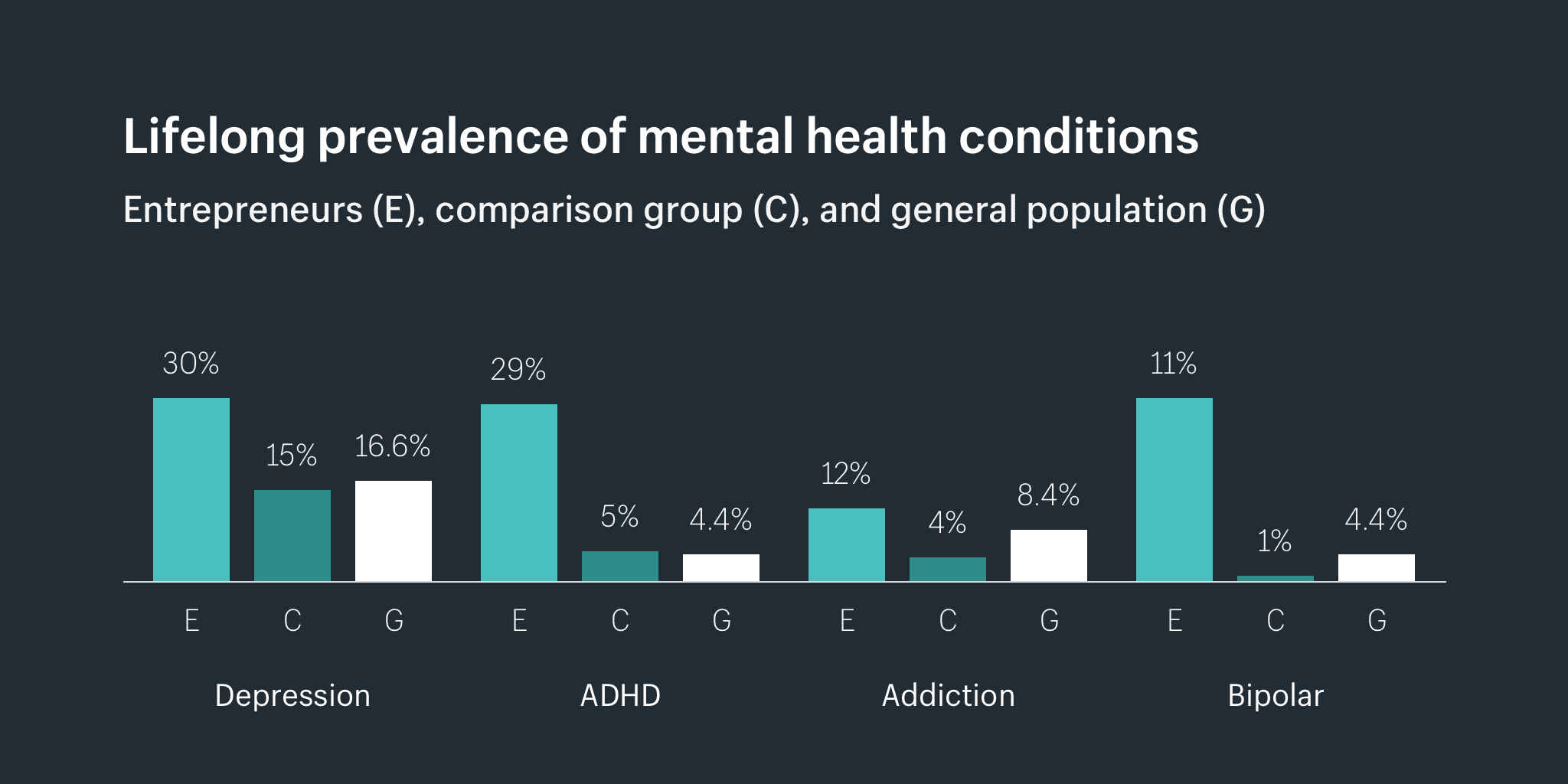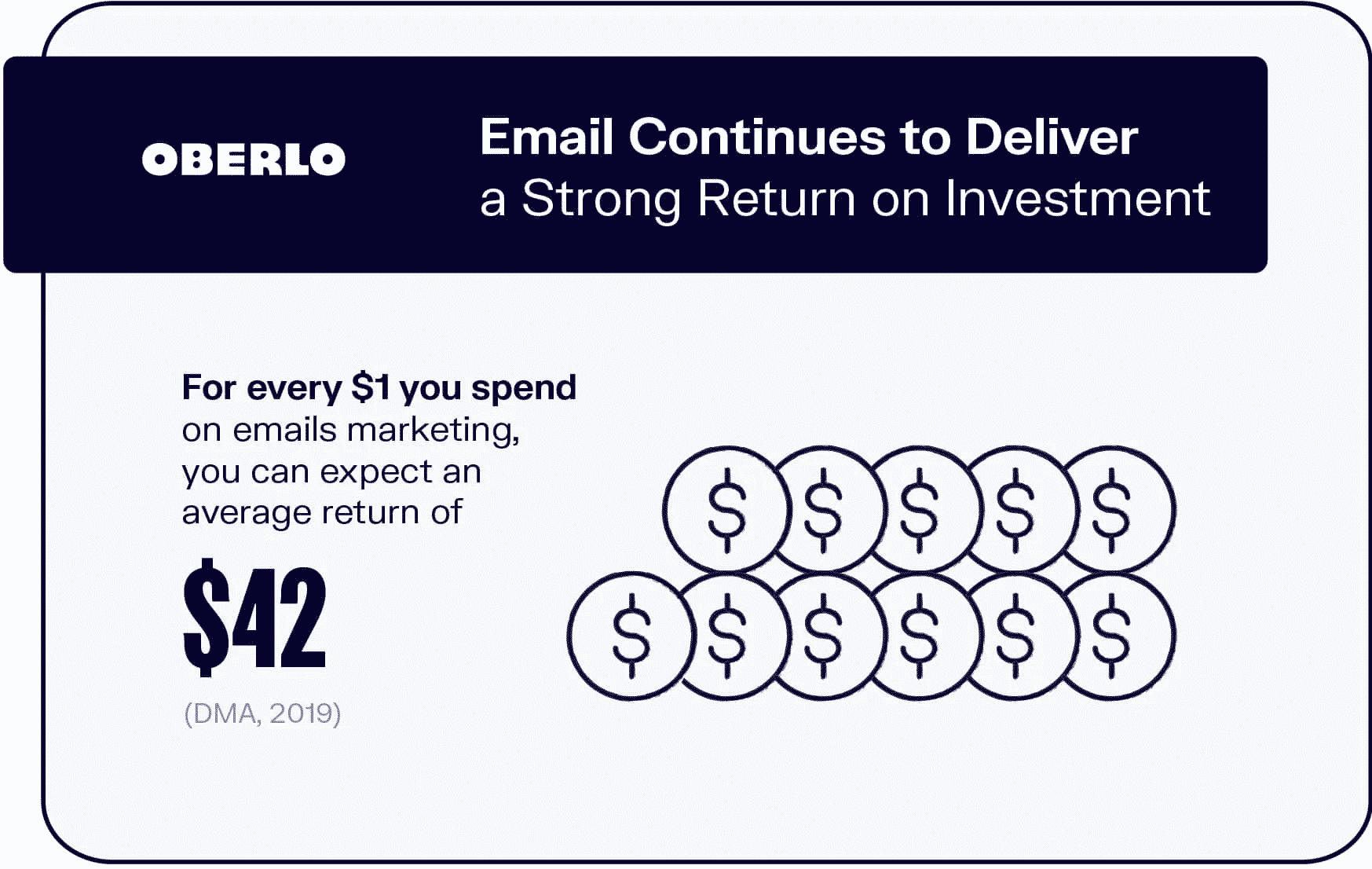Today we discuss the 7 most important things that nobody actually tells you about running a business in 2021.
We analyzed over fifty(50) ways small business owners run their businesses to better understand:
- The various challenges involved in starting a small business in 2021
- How to save money when running a small business in 2021
- And more…
And now is the time to share what we discovered.
Our findings are as follows:
1. The first 1 to 2 years are the most challenging times for small business owners. These challenges don’t necessarily arise from competition in the industry – In fact, just about 6% of small business challenges are as a result of competition in the industry. The major small business challenges faced by young entrepreneurs in their first two years of starting up result from:
- Issues managing cash flow
- Problems in attracting and retaining customers
- Taxes and governmental policies.
All these account for 53% of small business challenges for the first two years.
2. 49% of young entrepreneurs suffer from stress, with 34% of that stress associated with worrying a lot.
3. 82% of small businesses fail due to poor cash flow management
4. 1 out of 10 small business owners are really concerned about the PR value of their businesses. The rest are all about SELL! SELL! SELL! – which usually leads to resulting-failed ads campaigns, and thus, an unnecessary loss of money.
5. 42% of small businesses fail, mostly because they fail to accept the opportunity that comes with capitalizing on a specific niche. This simply goes to show that almost half of small business owners out there are wasting their time and resources on a business, which in time will turn out ‘worthless’.
These 4-major findings led to what we think prominent business experts fail to tell young entrepreneurs about running a small business:
#1: Getting started is like climbing a sheer cliff face
Instagram is full of selfies from successful business owners. They are walking in the sunshine, enjoying a takeaway latte with a good work-life balance while somebody else answers their customer support emails. But what you need to know is that they didn’t start out that way.
In the early days, most Entrepreneurs have no budget to hire any help. So they are doing everything; from sales and marketing to customer service, to stock handling and accounting. The first 1 to 2 years are the hardest. If your business survives those, then you can scale, hire help, and start to live your life again.
In the first couple of years of business, you especially need to take a good look after your health and your energy for this reason. Burnout is a real risk and must be prevented with good self care and time management.
The above illustration shows results of a survey as published by Shopify, comparing the mental health conditions of entrepreneurs as it relates – depression, ADHD, addiction, and bipolar diagnosis.
The study shows that:
- 30% of entrepreneurs suffer from depression
- 29% of entrepreneurs suffer from ADHD
- 12% of entrepreneurs are dealing with one form of addiction, or the other
- 11% of entrepreneurs suffer from bipolar disorder.
Now, all these figures are not meant to discourage or limit you in the way you keep running a business as an entrepreneur, rather they are here to show you how seriously you should take your health as an entrepreneur – which is yet another major point that nobody seems to tell anyone about running a business.
#2: You don’t have to spend on advertising
A lot of people, especially ones who work for advertising agencies, will tell you that paid ads are something you can’t skip. But in truth, you may be able to succeed without paid ads, if you build and maintain good content marketing practices instead.
So if you don’t have the budget for ads, do not worry. But do be aware that the content marketing approach takes more time to be effective.
In short, you can think of paid advertising, or ‘direct marketing’ as quicker to be effective. But on balance it is also quicker to stop being effective, once you stop paying for those ads. A way around that is to make sure you are collecting email addresses from everyone who visits your website. This way you can use a content marketing approach with them later on.
Content marketing takes longer to build up momentum, but being the long game, it also continues to pay off for longer. You can think of this as relationship marketing. You build up some quality content, and build engagement with your audience through email and social media. Then you benefit from a longer relationship with those customers.
Generally, the content marketing approach does a better job of building loyalty. And in the long run, loyal repeat customers are what you want to aim for.
#3: Your email list is valuable
Following on from the last point, I want to hammer home the importance of growing and nurturing an email list. Not enough people talk about this, because it’s not the newest trend in marketing.
According to Oberlo, for every $1 you spend on an email marketing campaign, you can expect an average return of $42.
But despite that, email marketing is still statistically the best thing you can be doing for a new small business. Shoppers spend 138% more from email marketing offers.
Start growing your email list as a matter of urgency.
#4: You don’t have to spend where you think you do
Here are some examples of experts telling you what they want to tell you:
- Some web designers may tell you to hire them for a custom website build. In truth, you don’t need one. Most businesses can do very well using a hosted template website such as Wix or Squarespace.
- Marketing agencies will tell you to hire them for advertising or content creation. You probably don’t need to pay those agency prices if you learn the basics and follow through on a simple marketing plan yourself.
- You also don’t need to pay a designer or branding expert – you can create your own branding using free tools like Logocreator and Colormind.
Don’t hand over your money until you have done your research. You might find that you can do more by yourself than you realized.
#5: Small business ownership can be a lonely pursuit
The long hours and the large responsibility you take on with running a business can be isolating at times. Your family, if not Entrepreneurial themselves, will likely not understand why you are working so hard.
The best thing to do is to find a community of like-minded Entrepreneurs to talk to. Facebook or LinkedIn groups can be great for this. Having a supportive community around you is vital when you are stretching the edges of your comfort zone.
#6: Structuring your time will be critical
This one is harder than it probably sounds. Even if you previously considered yourself good at time management – being your own boss is a shock to the system.
What nobody ever tells you is how easy it is to waste time, even if you are honestly sitting at your screen for 40-60 hours per week. The trouble is knowing which task to do next. When you are in charge of every single area of your business, there are too many priorities to choose from.
The best way to approach this is to block your time, and to be strict about not trying to multitask.
Multitasking is a false economy. Our brains are not truly capable of running multiple tasks at once. When you try to, what happens is your attention becomes divided. You switch back and forth between alternate tasks.
This is draining on your energy and can destroy your focus. So the solution is to be strict about time blocking. Have set office hours for answering emails and calls. Then have set 3-4 hour blocks across the week for different tasks; marketing, social, accounting, website maintenance etc…
Make time blocking a rule and be strict about it. You will make the most progress in the least amount of time this way.
#7: The power of niching
Not everybody is your customer. It is really important to remember this along all stages of your business.
From the very early days of deciding who you serve, to the later days of content marketing and engaging your audience, knowing your niche is crucial.
The reason for this is so that you can tailor your products or services, and your marketing to your customer avatar. The more specific you are about who you help and how, the better for your business.
Not every Entrepreneur knows this when they start out, and they end up learning the hard way. So make sure that you have a specific target market in mind, and do your research about what their problems and needs are.
Niching this way makes everything about your business more specific, and will help you stand out more than the more general product or service providers around you.
Running a small business is a huge challenge, especially in the first couple of years. But it is also truly rewarding. If you crave the autonomy that you can’t find in an employed role, then small business ownership is a tempting prospect.
Just make sure you go in with your eyes open. If you’re ready to do the work then you could be about to begin the adventure of a lifetime.
Conclusion
There are a lot of experts and gurus out there, who have a lot of advice to give on Entrepreneur life. But for all the positivity and encouragement, there are also a few things that aren’t so fun to hear. But we do need to hear them.
Setting up a small business is a big life decision. We need to know about the hard parts too, in order to make a well-informed decision and know what we are getting ourselves into.
There are some things that people don’t talk about because they would rather charge you for their help then give you the knowledge for free.
Now I’d Love to Hear from You:
- What major challenge are you facing as a small business owner?
- As a small business owner who has successfully gone through a challenge in your business, would you hoard such information from other young entrepreneurs going through the same struggles that you just went through?
- If yes -WHY?
Let me know by leaving a comment below!








